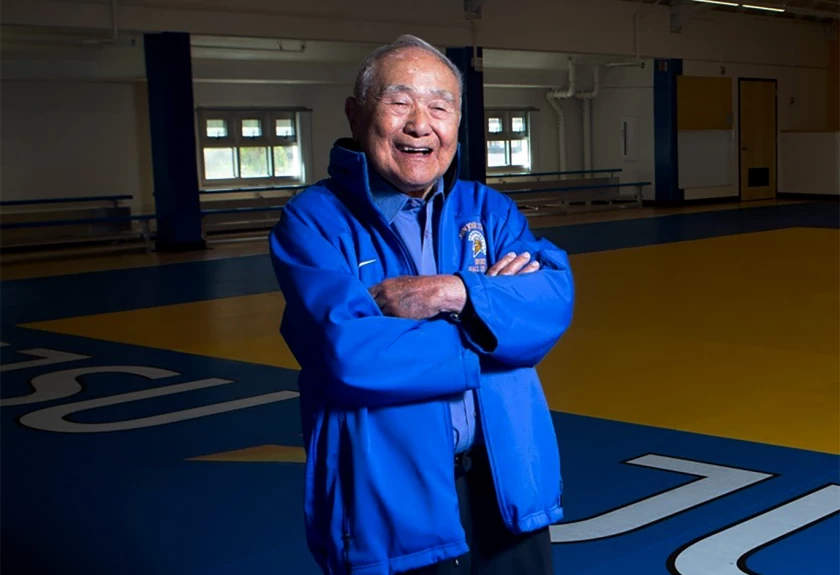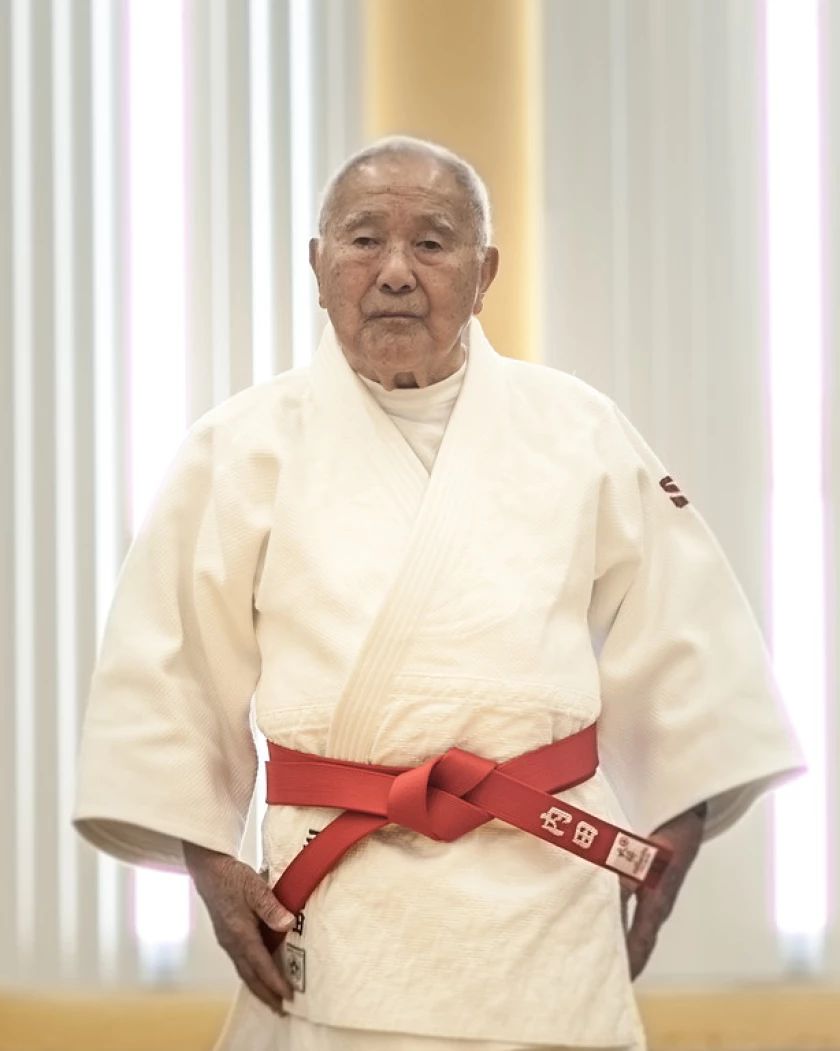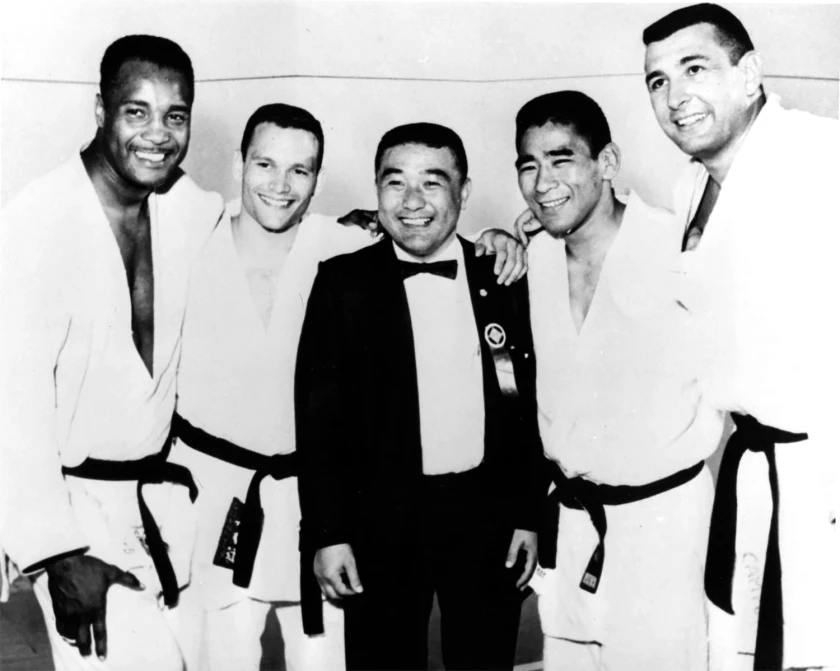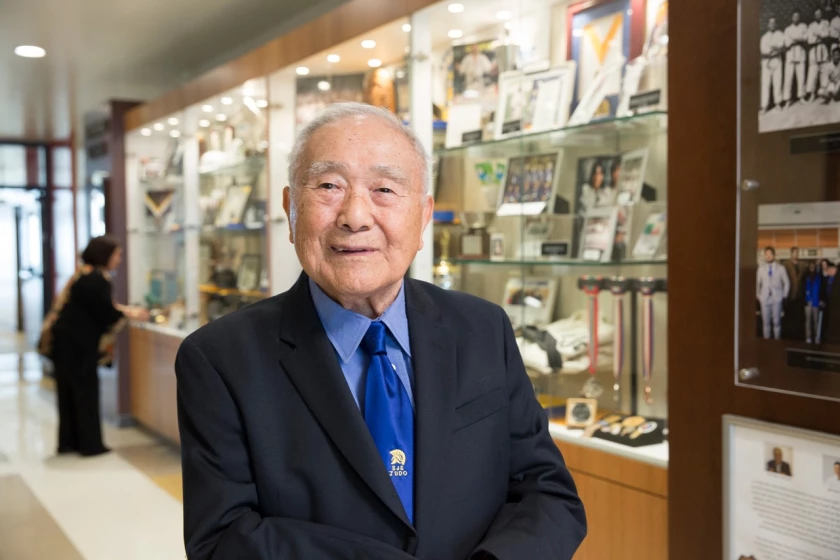Red Flags Were Raised, but an Olympic Dream Was Dashed
Maya Wasowicz, a top karate fighter, was knocked out of qualifying under suspicious circumstances. A U.S.O.P.C. report backed up her claims, but Wasowicz still won’t be in Tokyo.

Maya Wasowicz is an elite fighter, and was favored in a U.S. tournament that could have propelled her to the Tokyo Olympics. The circumstances of her loss raised many questions.Credit...Brittainy Newman/The New York Times
By David Waldstein
Published July 16, 2021
Updated July 24, 2021
Maya Wasowicz was all alone when the last flicker of her Olympic dream died.
The world’s best karate fighters were throwing punches in Paris to determine who would go to the Olympics. Wasowicz and her supporters all felt that she should have been there, too. Instead, she sat on a bed in her grandmother’s apartment in Opole, Poland, streaming the event live on her phone — alone, in the dark.
Don’t miss a moment at the Tokyo Olympics Sign up for our daily email update. Get it sent to your inbox.
“I was definitely grieving it,” Wasowicz said, days later. “My family and friends refused to watch. But I had to see it.”
Over the next few weeks, fans of the Olympics will ingest a tidal wave of heartwarming tales illuminating the realized dreams of scores of dedicated and exceptional athletes. Tales of sacrifice and success, of years of hard work rewarded in a moment of glory. Then there are the stories of those left behind, many of them dedicated athletes like Wasowicz, who dream of medals, but find complex political roadblocks in their way.
A Polish émigré to the United States at the age of 11, Wasowicz discovered karate in Brooklyn as a girl and rose to become one of the elite fighters in the world. In 2016, when word filtered out that karate would be introduced at the next Olympiad, Wasowicz made the life-altering decision to try to be one of the handful of competitors in Japan, the ancestral home of the sport.
She put the rest of her life on hold, moved back in with her parents and dived into training. She even dared to visualize herself in Tokyo, in the arena, the American flag on her suit, fighting for her adopted country.
In order to earn that coveted place, Wasowicz first needed to win a domestic tournament in Colorado Springs in January 2020, an event she entered as one of the favorites. But in a day filled with controversy and acrimony, Wasowicz lost — unfairly, in her mind. An investigation by the United States Olympic & Paralympic Committee appears to back her contention, shared by other athletes, that the USA National Karate-Do Federation is rife with favoritism and conflicts of interest.
In a scathing report in April, the committee found that the federation “is not capable of fulfilling the responsibilities of an Olympic Sports Organization” and warned that if it did not address some serious issues, it would be stripped of its status as a national governing body.
But for Wasowicz and others, the report came too late. The U.S.O.P.C. did not require the federation to hold a new competition to correct whatever injustices may have existed in Colorado Springs.
“I feel validated that I’m not just a sore loser,” Wasowicz said. “People on the outside saw what was happening. But seeing them get away with all of this is just really tough to accept.”
Today, Wasowicz is back in New York, searching for work and trying to make sense of everything that happened.

When her family moved to the United States from Poland, Wasowicz found a home at the Goshin Ryu dojo in Brooklyn. Credit...Brittainy Newman/The New York Times
Learning to Be New Yorkers
Wasowicz, 27, was born in New Jersey, but she spent her first 11 years of life in Poland, before her family moved to Williamsburg, Brooklyn, in 2005. Wasowicz remembers everything about her first day in the new metropolis. Her father took her across the Williamsburg Bridge and showed her the magnificent view of Manhattan spreading below. A few hours later, she spotted her first rat in the subway.
Life in a bustling urban environment could sometimes be overwhelming, especially that first bewildering year in school where Maya and her younger brother, Kuba, struggled to grasp morsels of English. The Polish markets and restaurants that dotted the city were places the Wasowicz family found temporary sanctuary and support.
“We talk about it all the time,” Wasowicz said. “What if we ended up in a random city in the middle of America? Here I found people who could relate to my experience. We were very lucky that we ended up in New York.”
One day they happened upon the Goshin Ryu dojo, a karate school in Brooklyn. It was run by Luis Ruiz, who remains Wasowicz’s sensei, or coach. Maya and Kuba reveled in the physical outlet that karate offered, a place where English was not as important as dedication, discipline and honor — or a good measure of athletic ability.
Wasowicz’s parents welcomed an activity that would help their children, who had faced bullying in school, defend themselves and gain self-confidence. For Maya and Kuba, it was just fun, and she continued to work with Ruiz, even after her family moved to Manhattan’s East Village.
It was there, while attending the Tompkins Square Middle School, that Wasowicz also discovered basketball. When she moved on to Beacon High School, Wasowicz joined the school’s varsity team, and four years later she was the school’s career scoring leader and the first Beacon player to have her number retired. She earned an academic scholarship to New York University, and played basketball all four years for the Violets while negotiating the complicated balance of varsity sports, rigorous academics (she majored in economics) and karate.
“I was in awe of Maya,” said Lauren Mullen, N.Y.U.’s coach at the time. “Here’s this 11-year-old girl who knew no English and then goes to N.Y.U. playing two sports at a really high level, and all with this self-confidence and toughness that you rarely see. She was just a winner.”
But as her basketball career ended in 2016, Wasowicz’s Olympic dream zoomed to the fore. She put any career business ambitions aside and moved back into her parents’ apartment in the East Village for the next five years while training two or three times a day with Ruiz in Brooklyn.
“Every athlete has to make that decision,” she said. “You put your life on hold and commit everything to going for it.”
A heavyweight who fights in the plus-68-kilogram class, Wasowicz grew stronger and more dangerous. In 2016 she was part of a U.S. team that won bronze at the world championships in Austria and reached a No. 7 worldwide ranking. In 2019, she won gold at the Pan American championships.






 Reply With Quote
Reply With Quote













